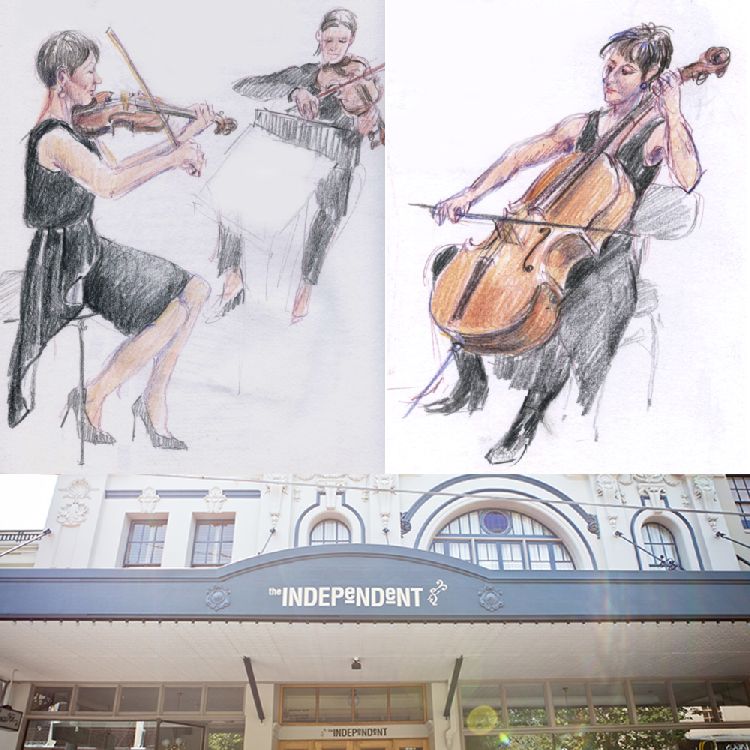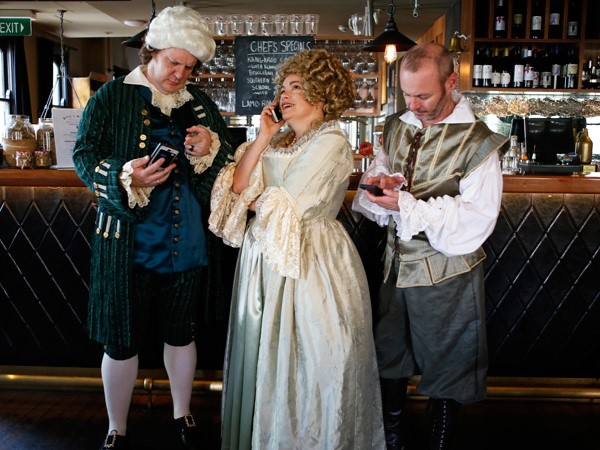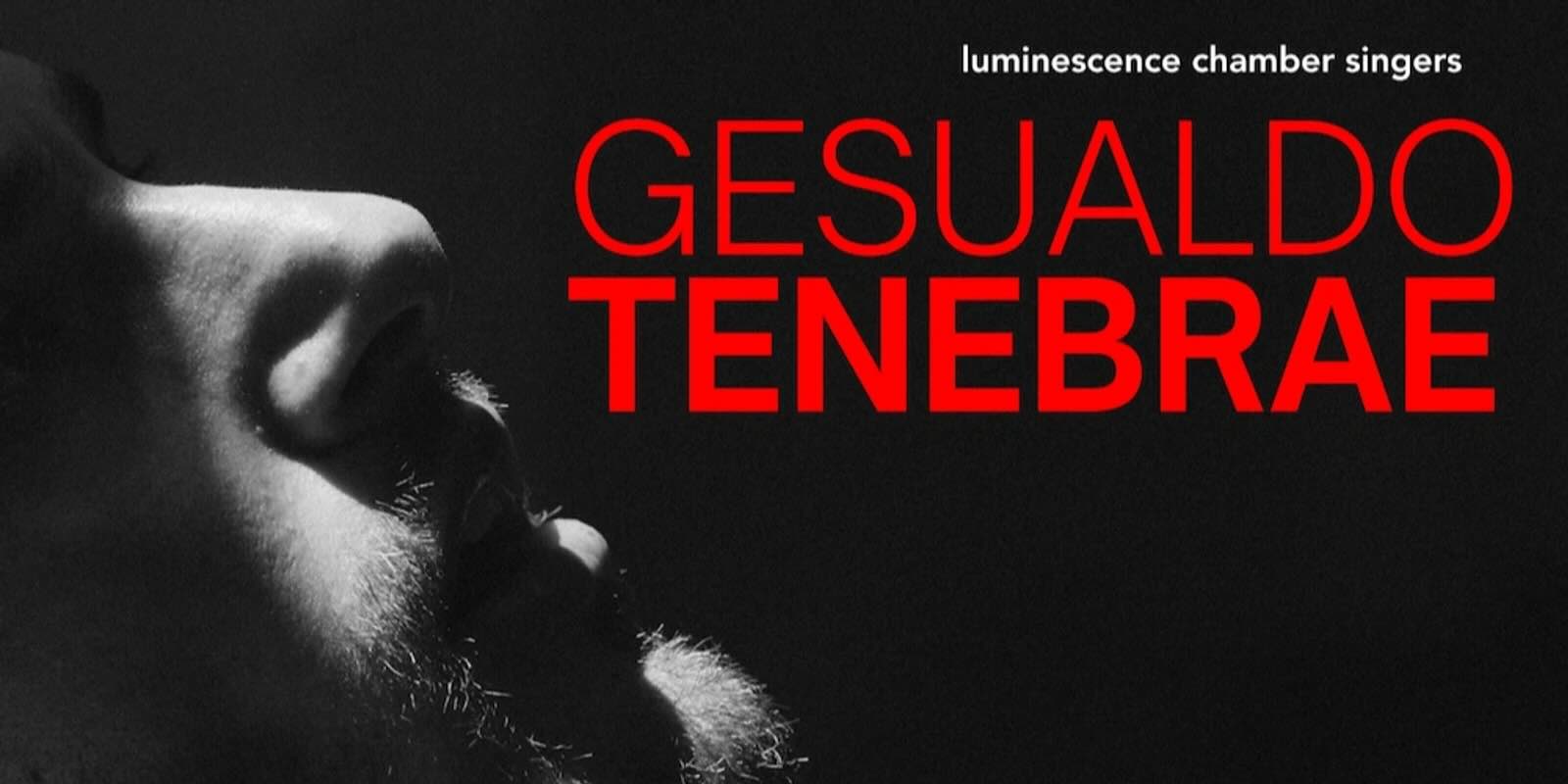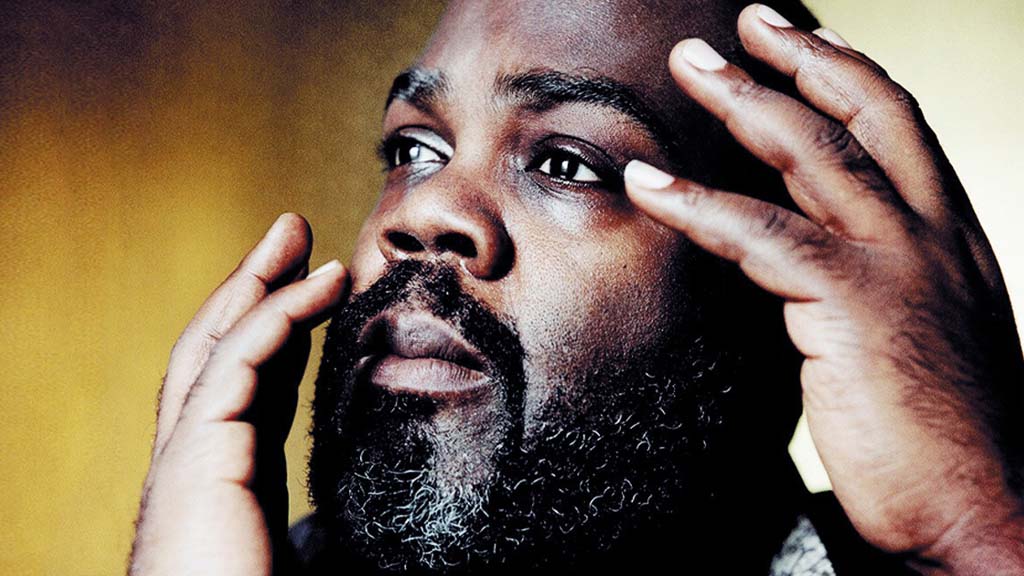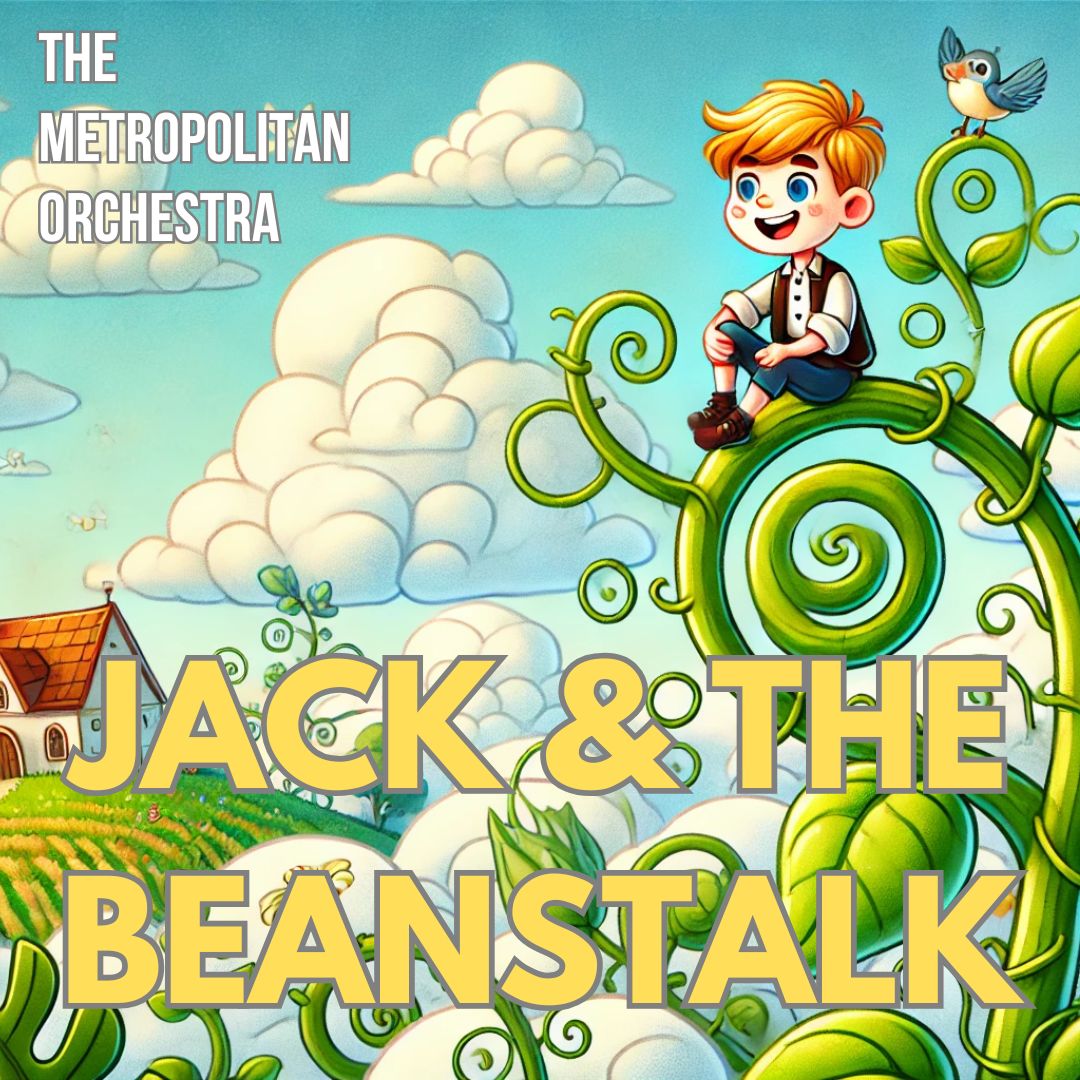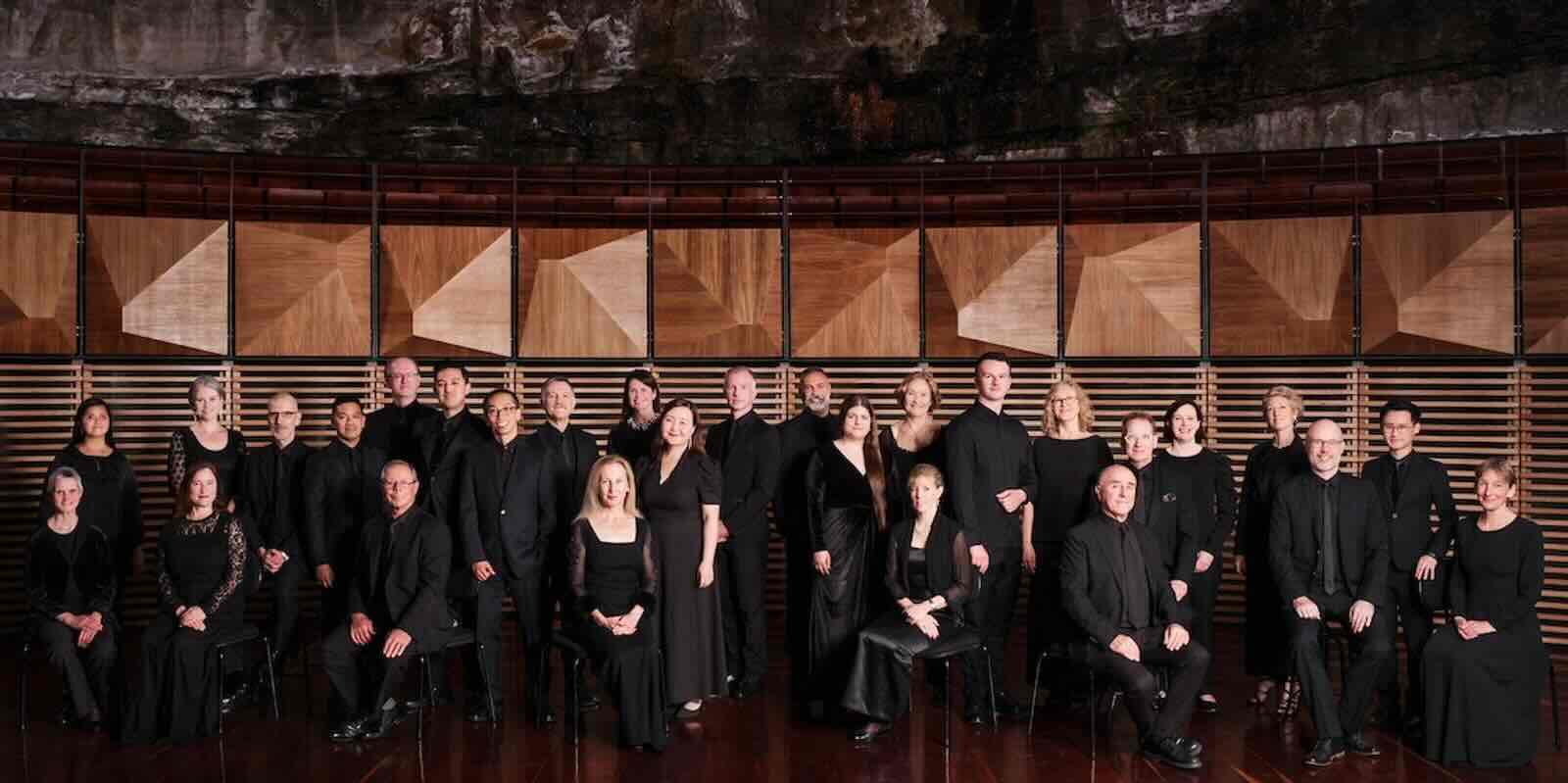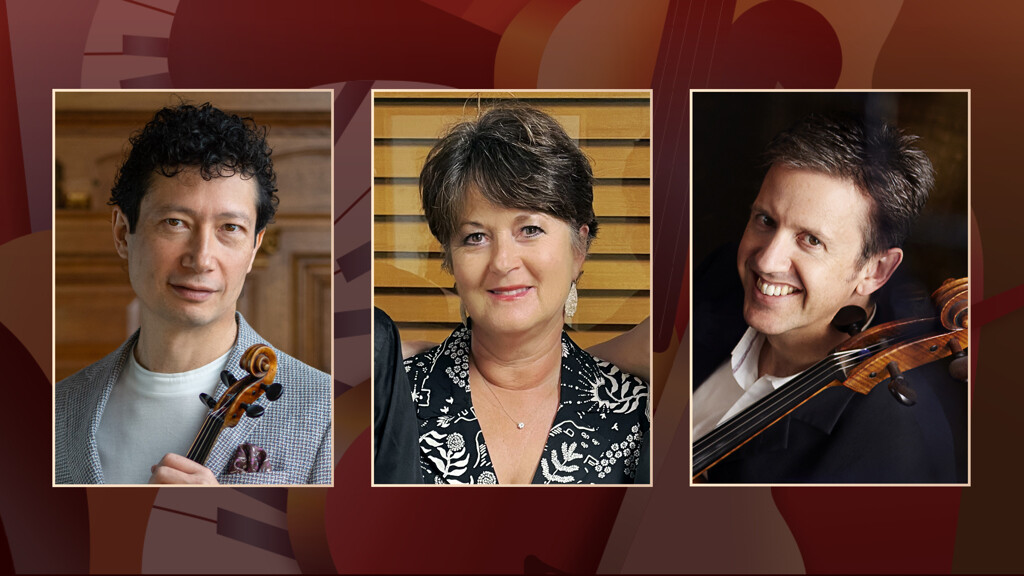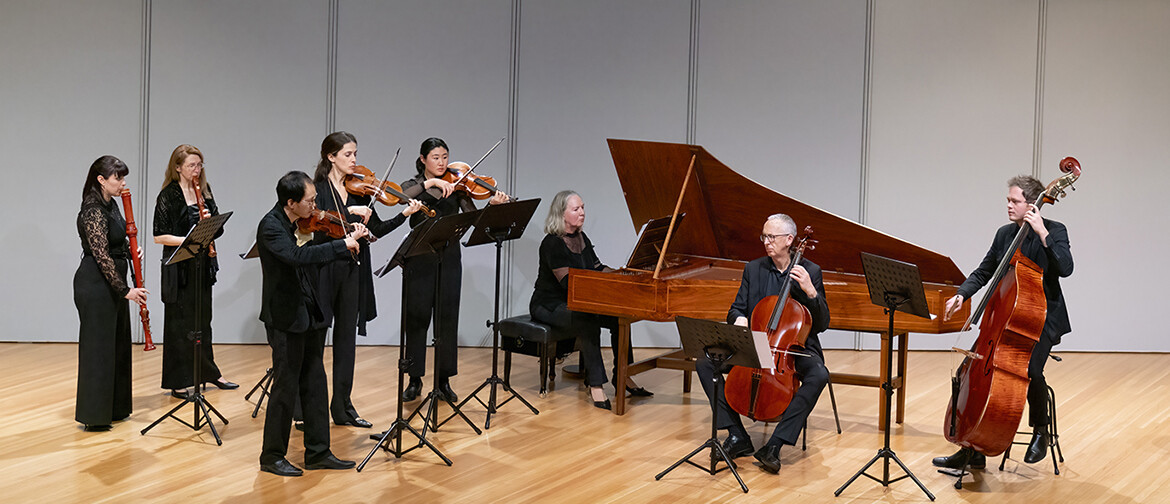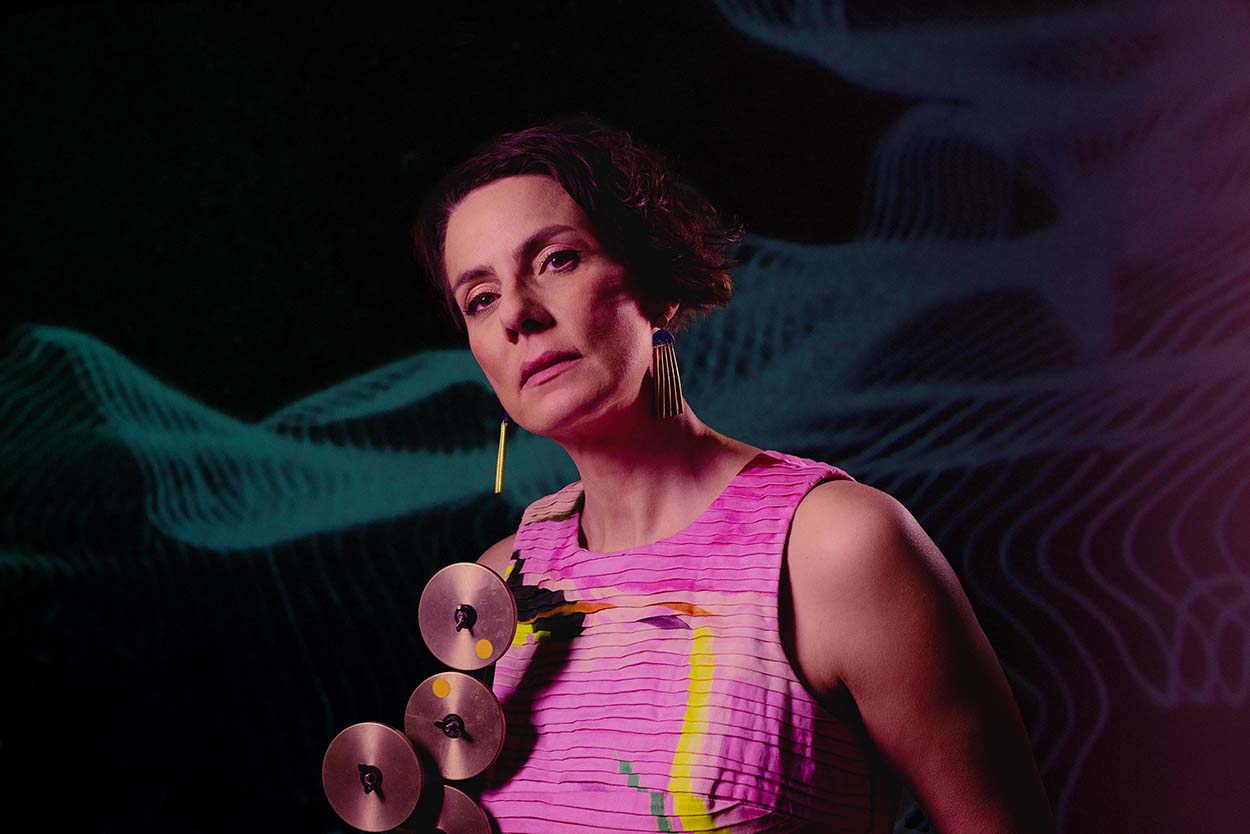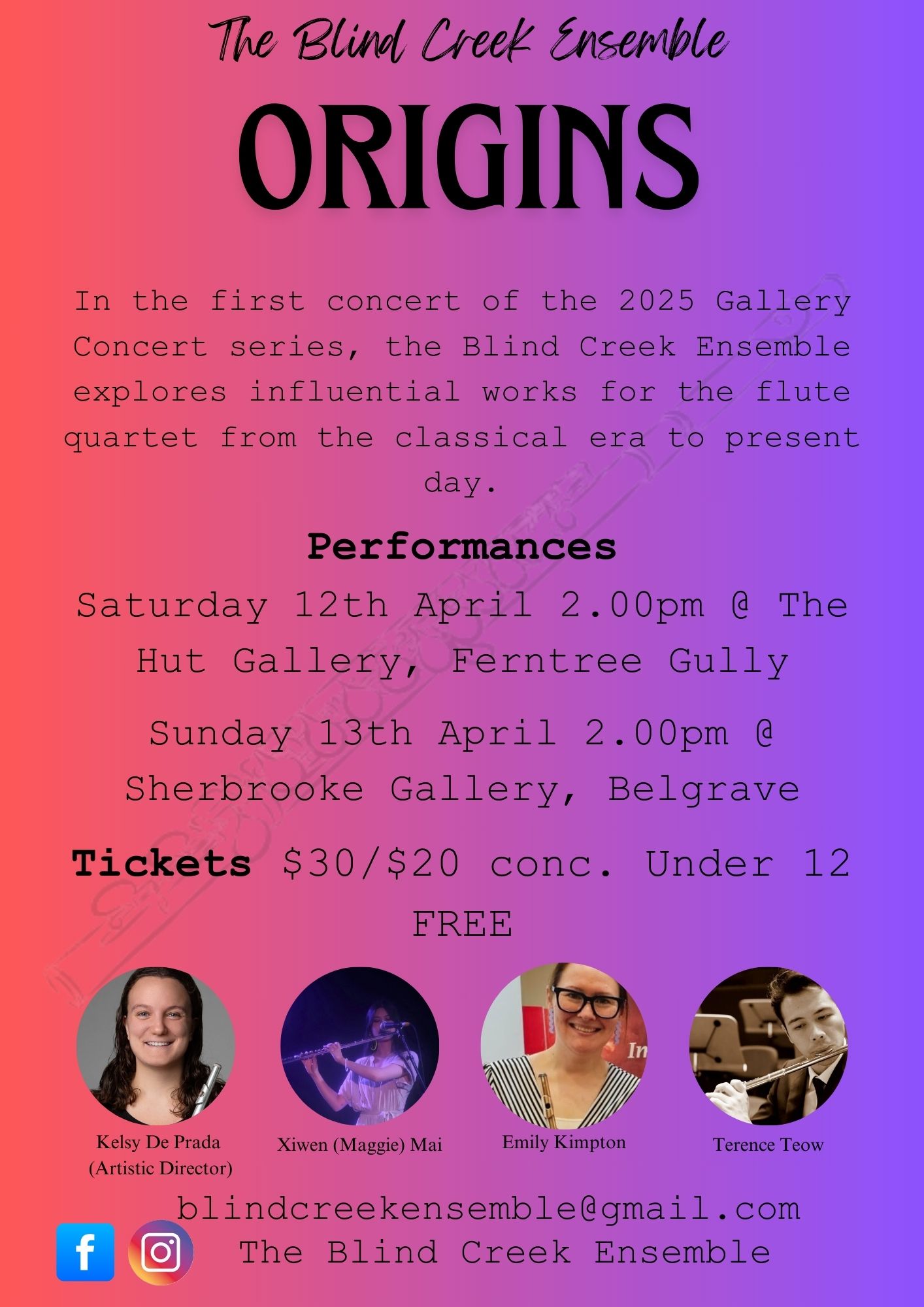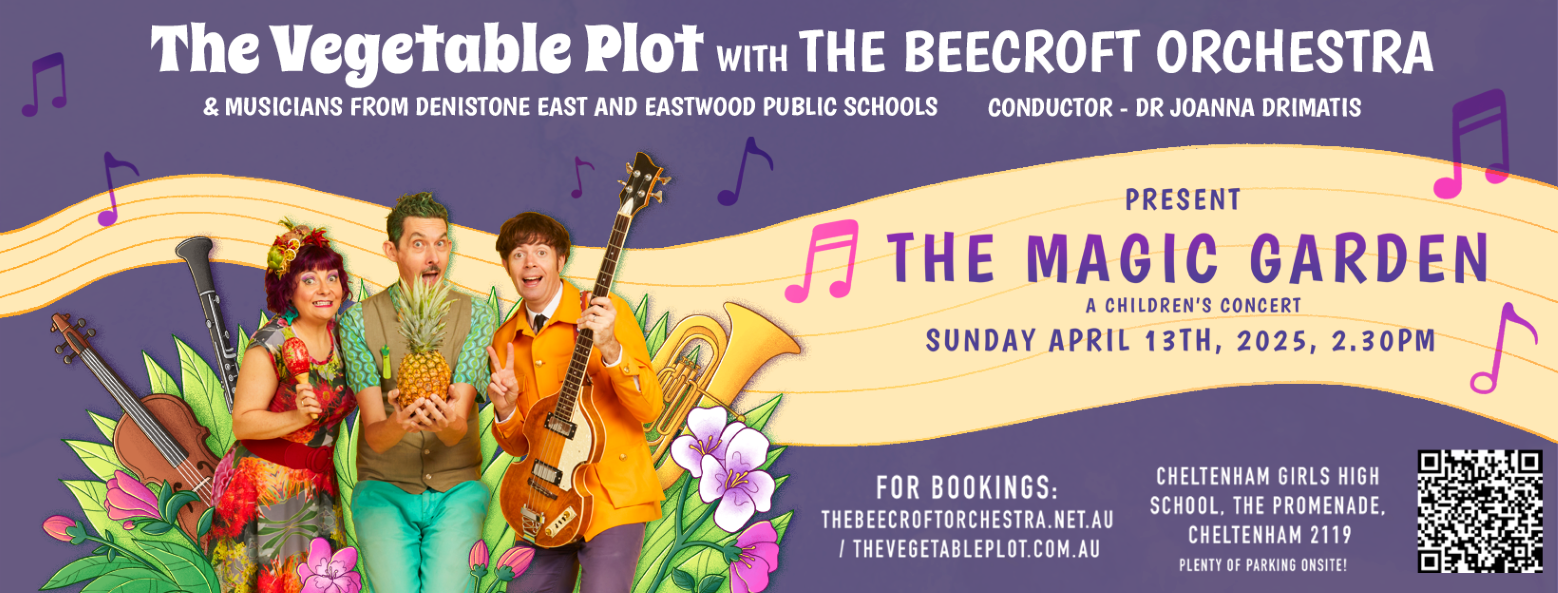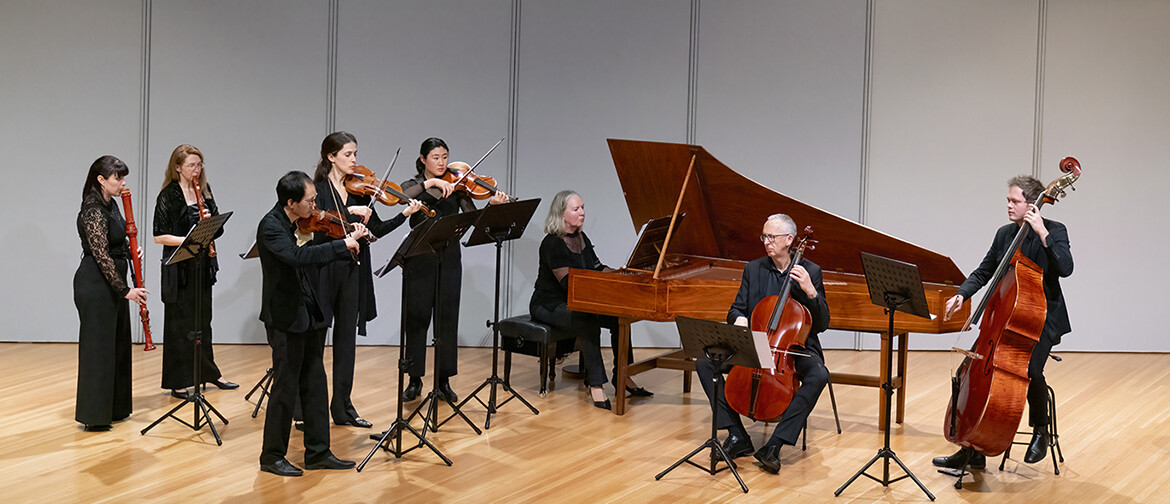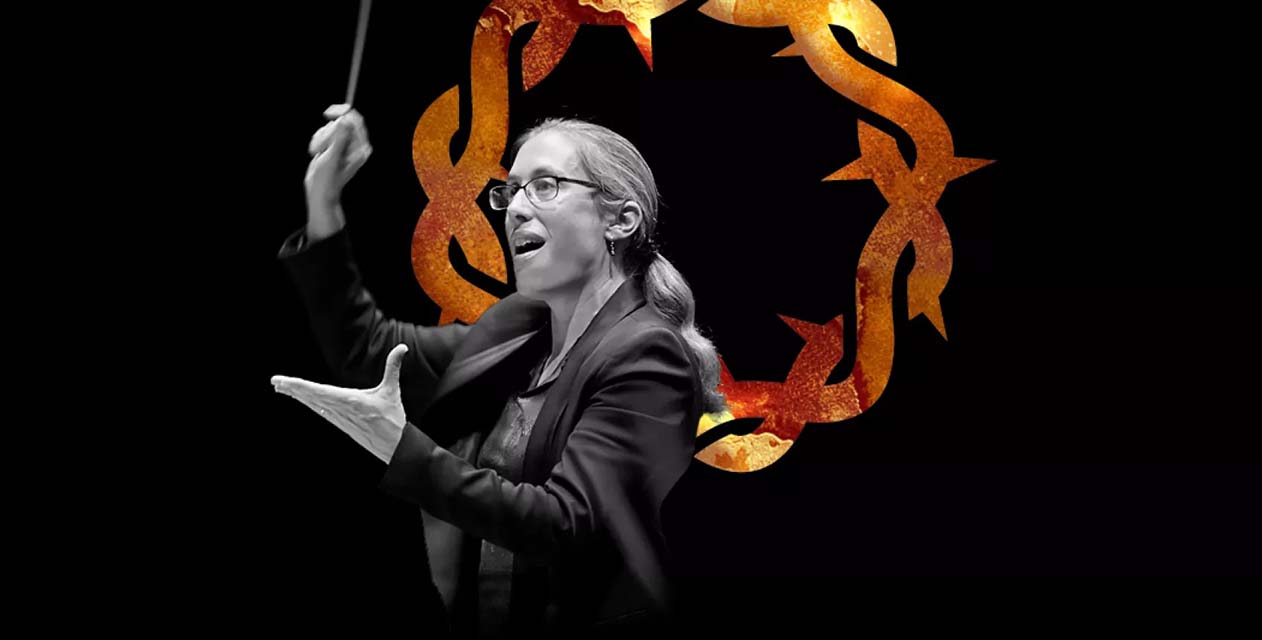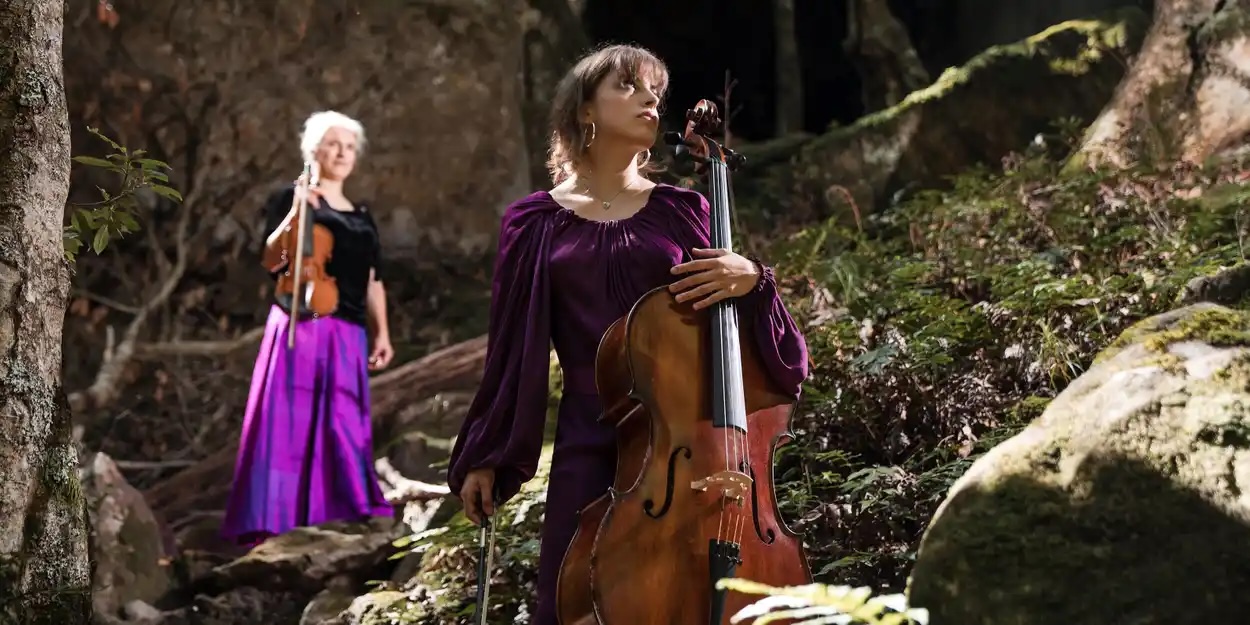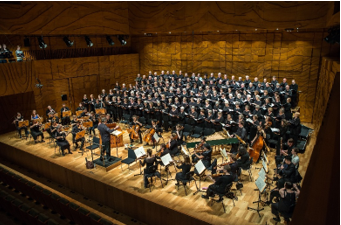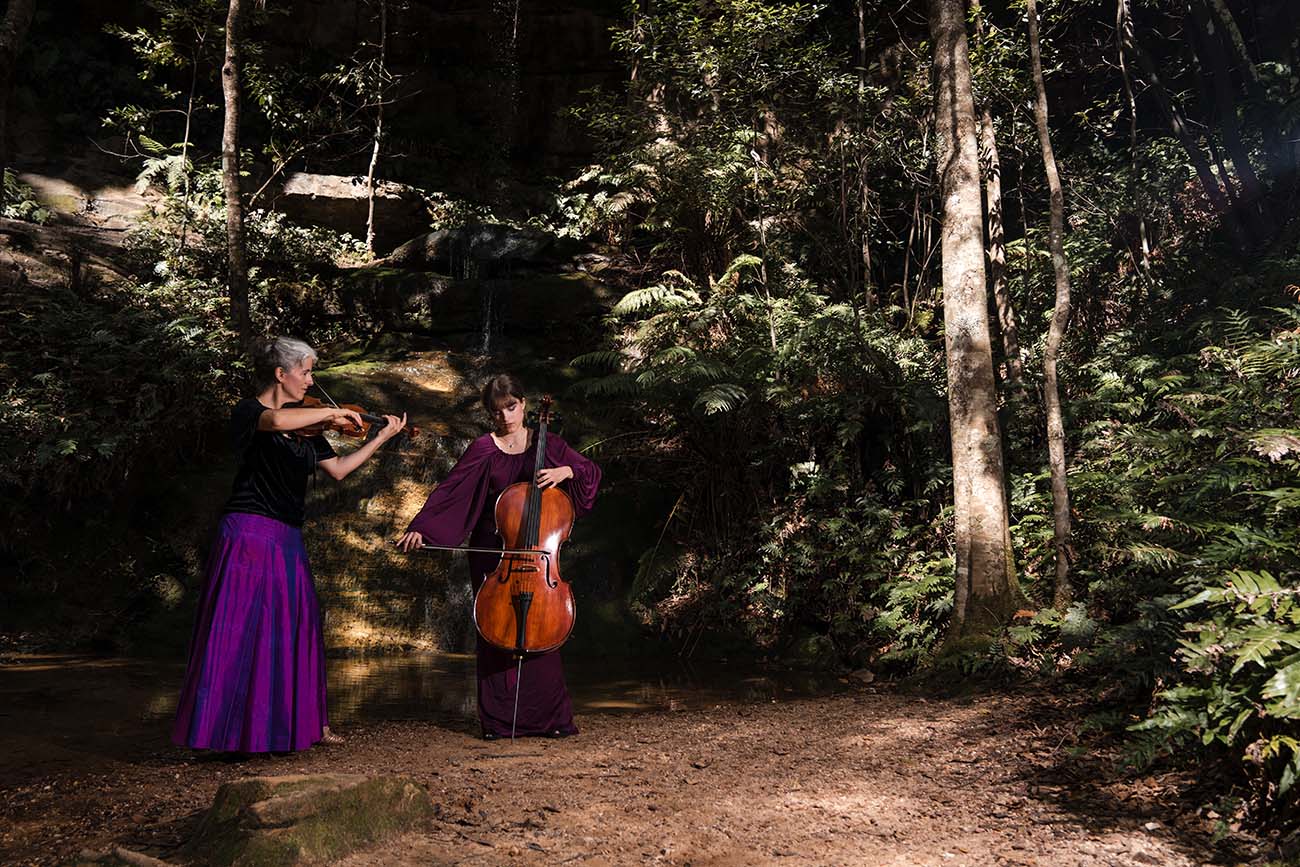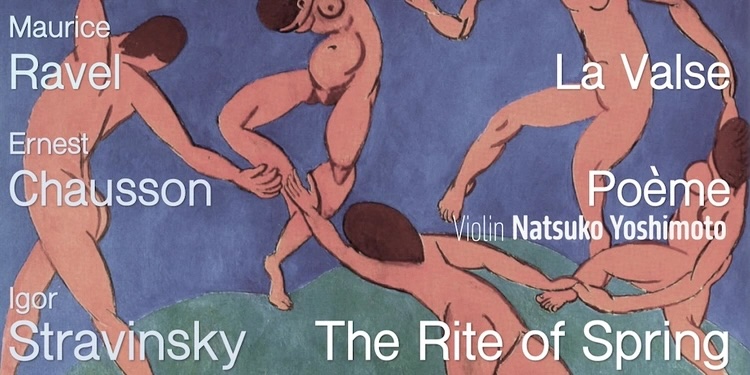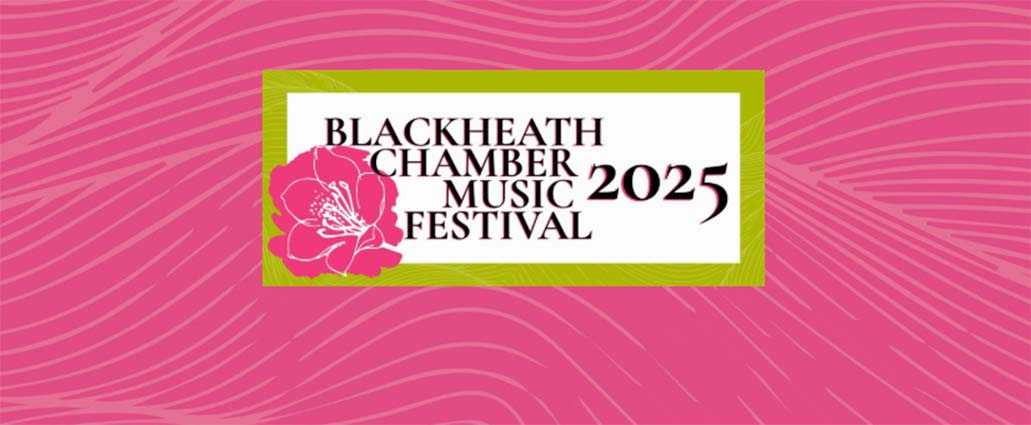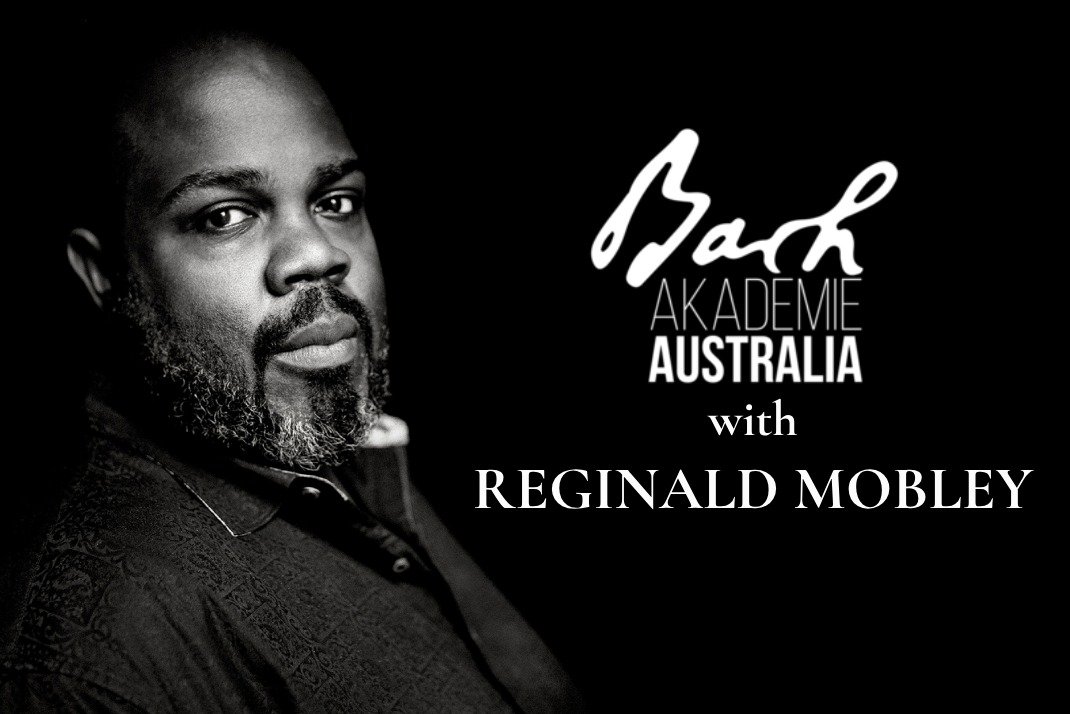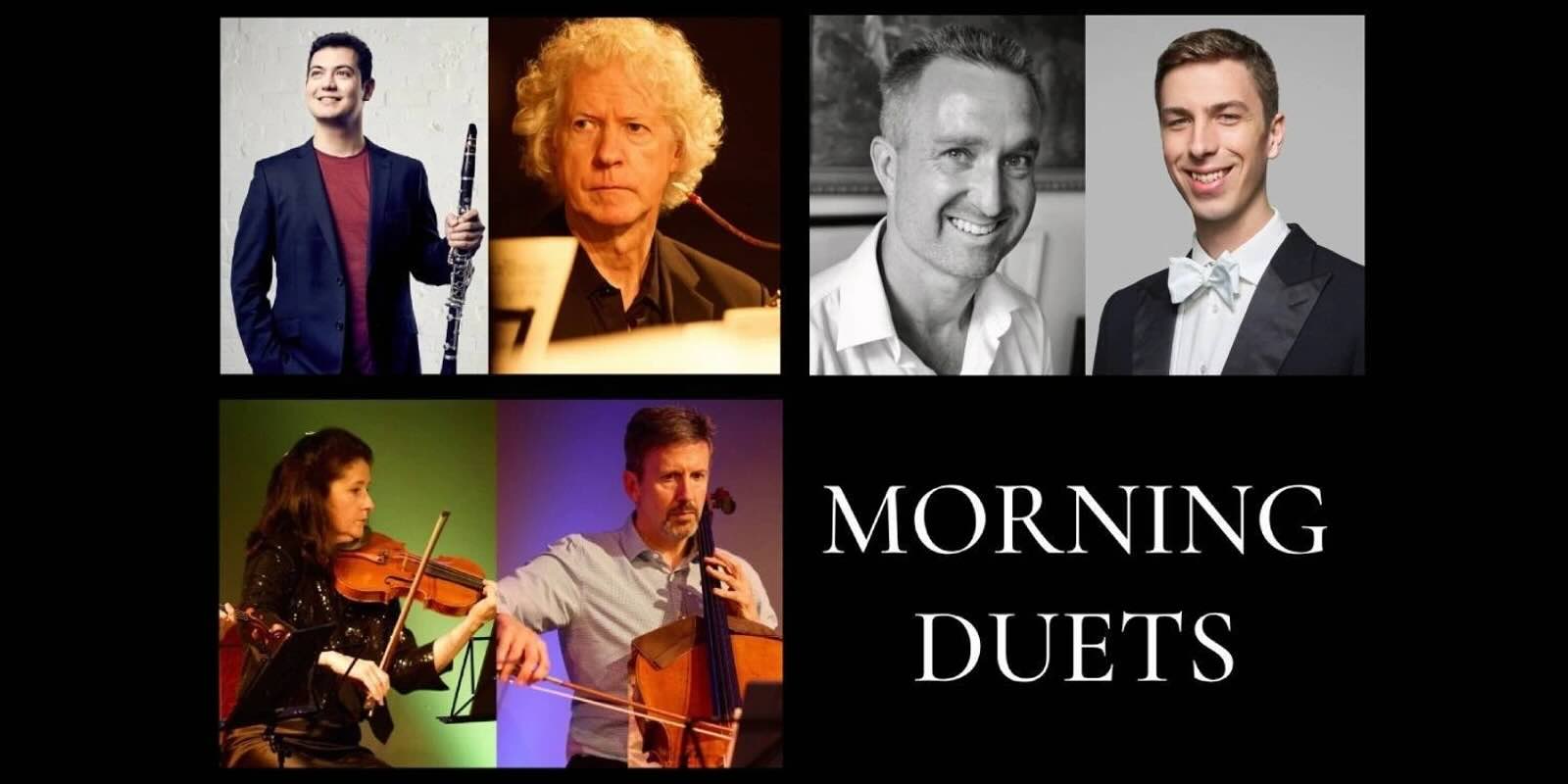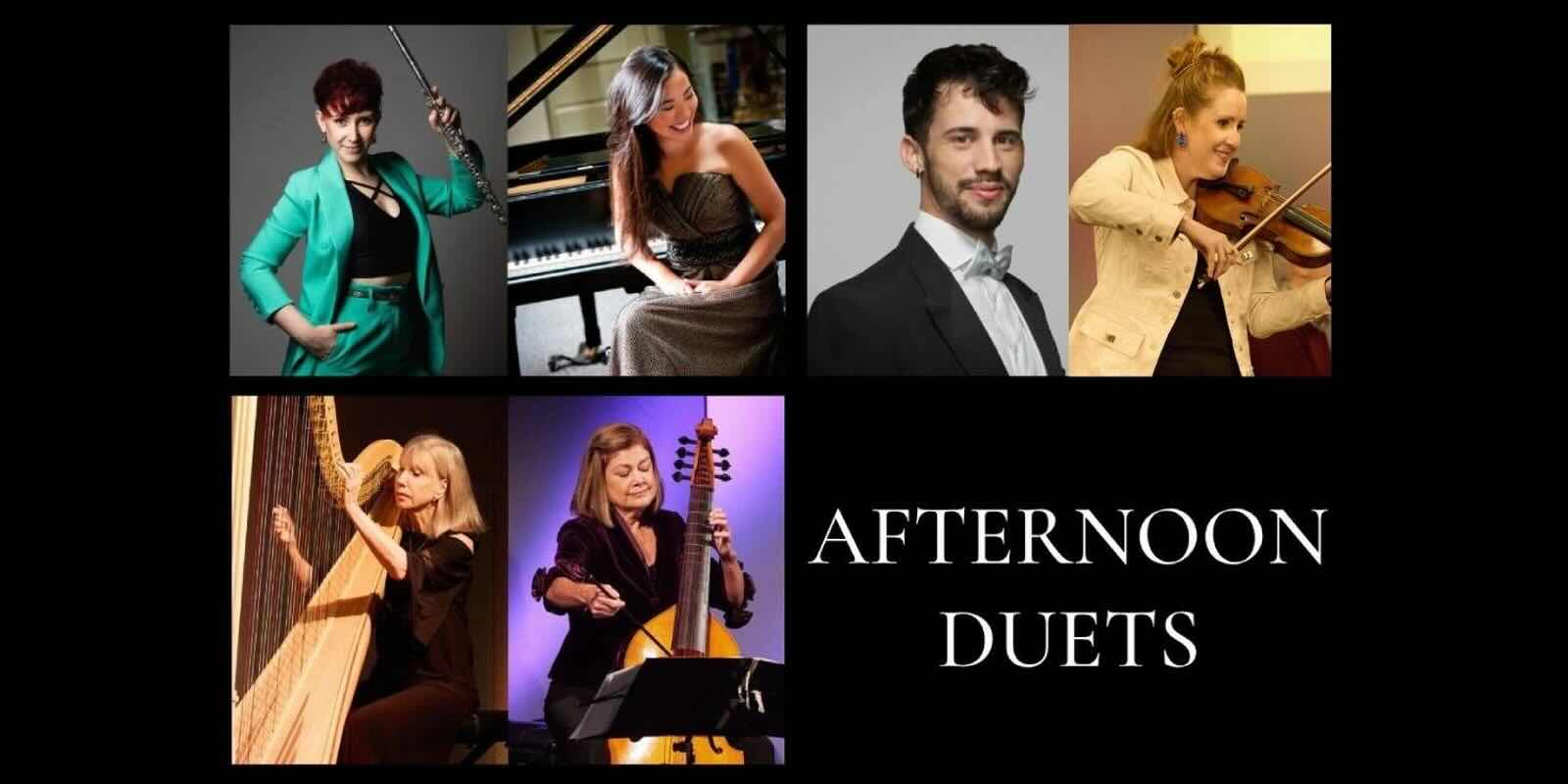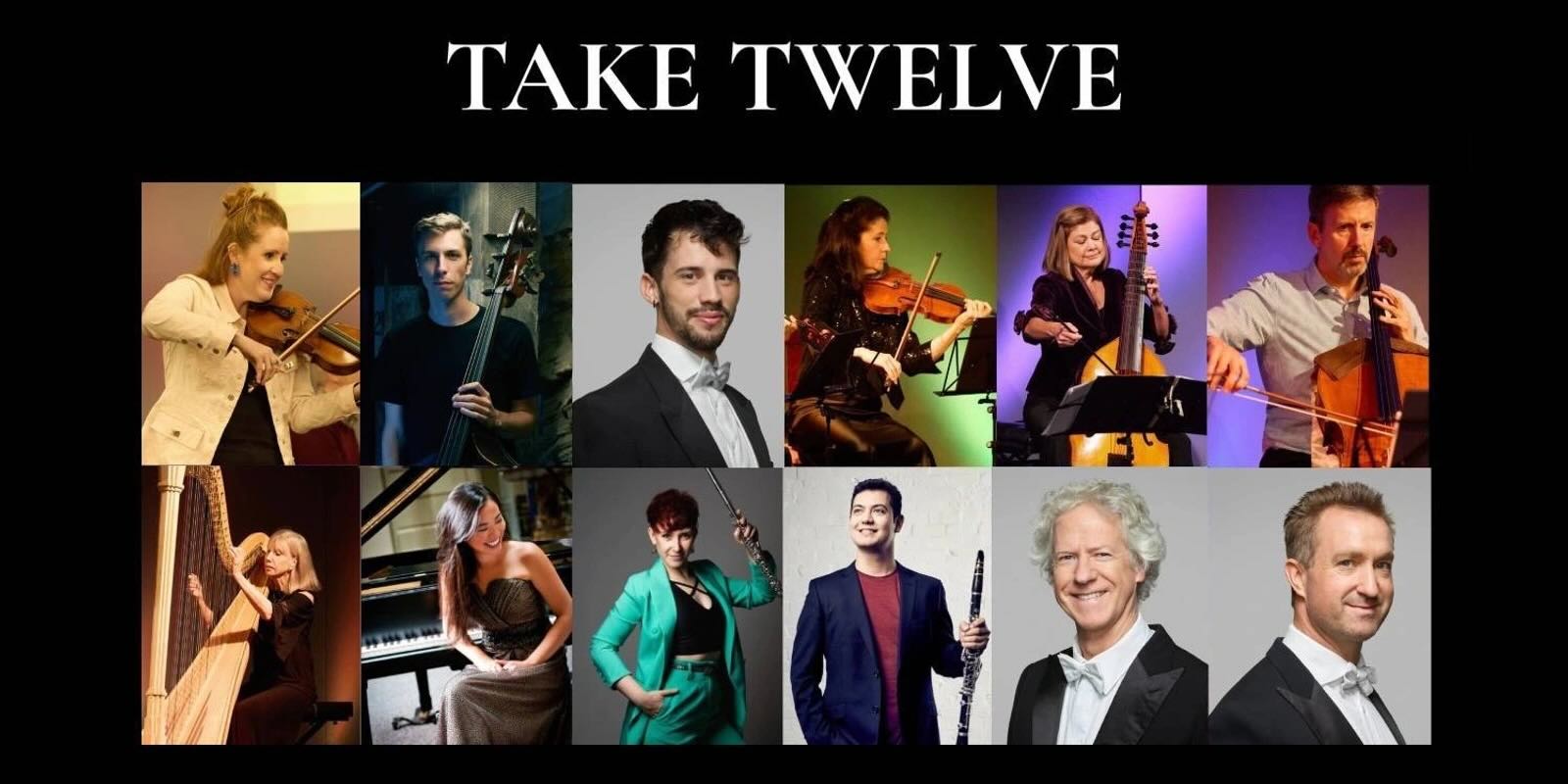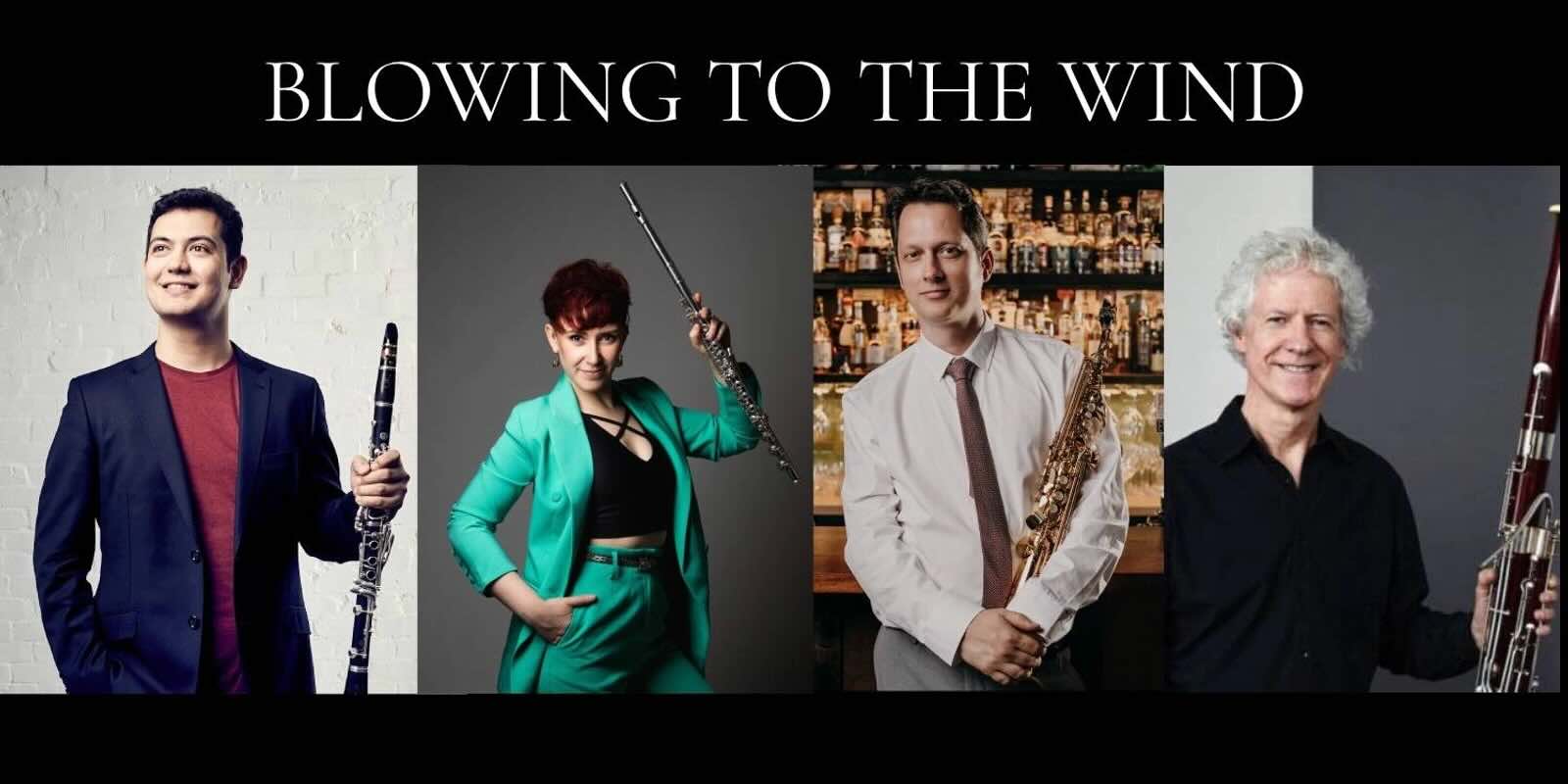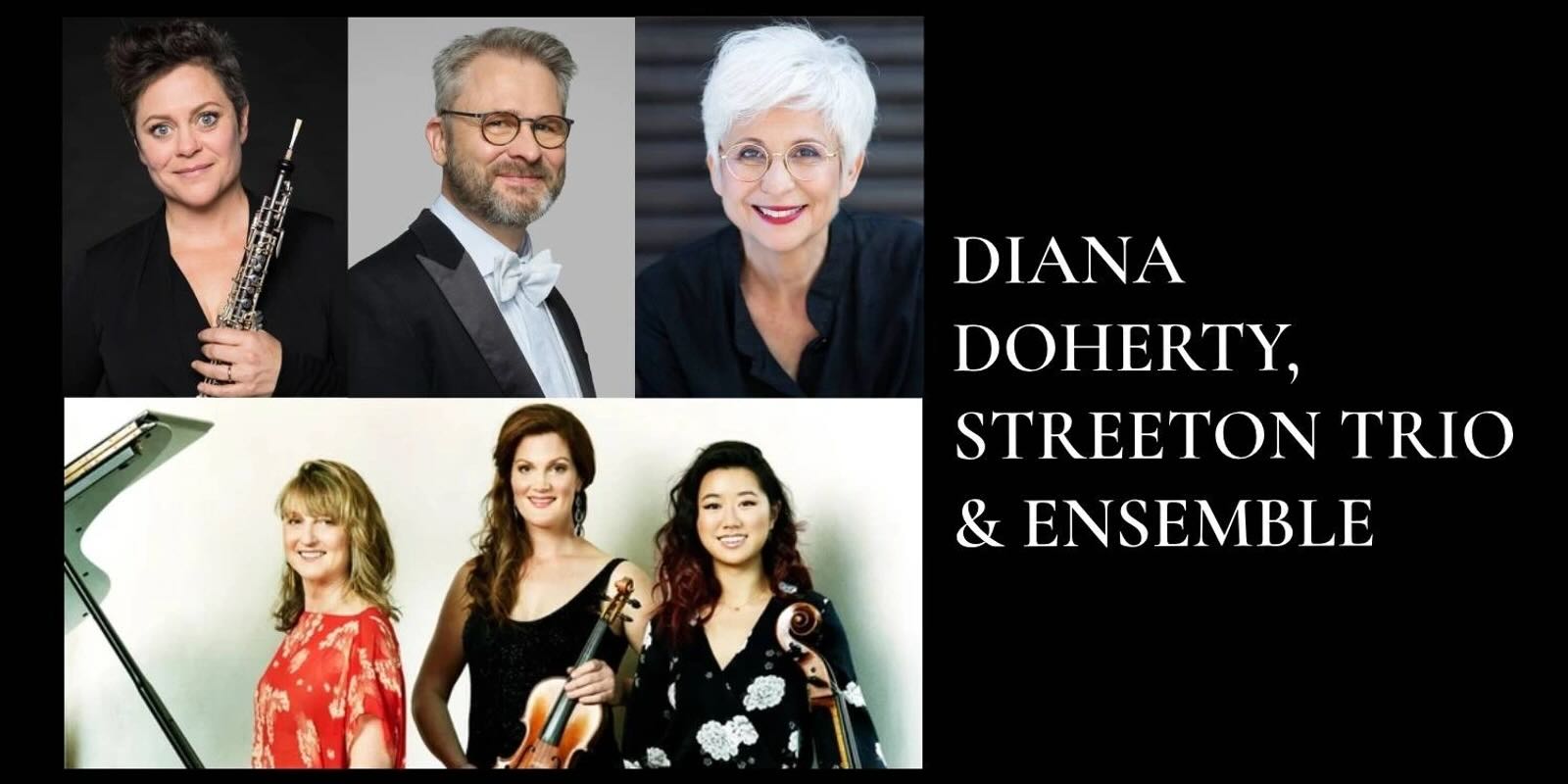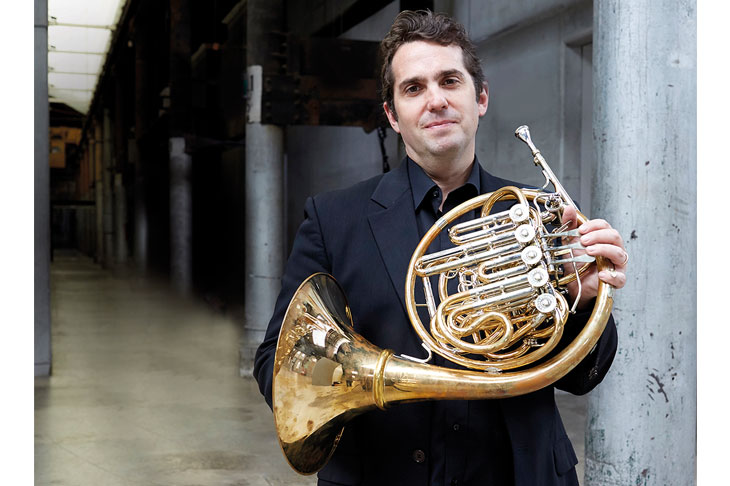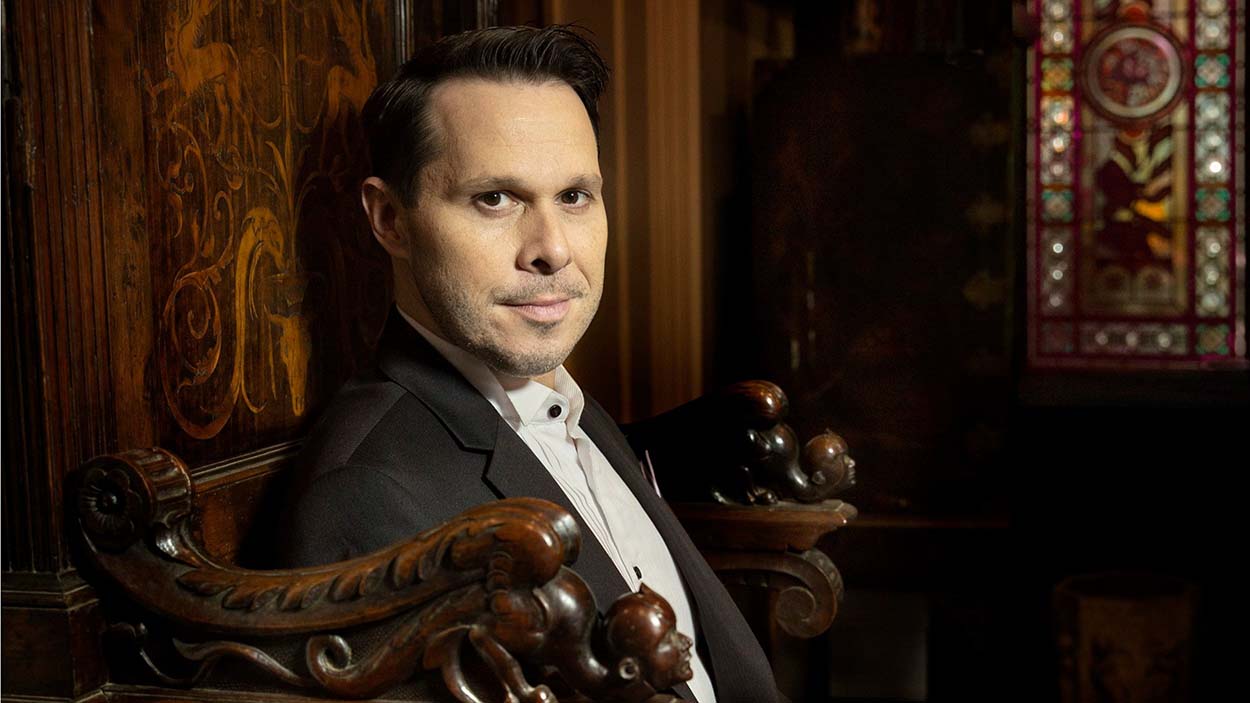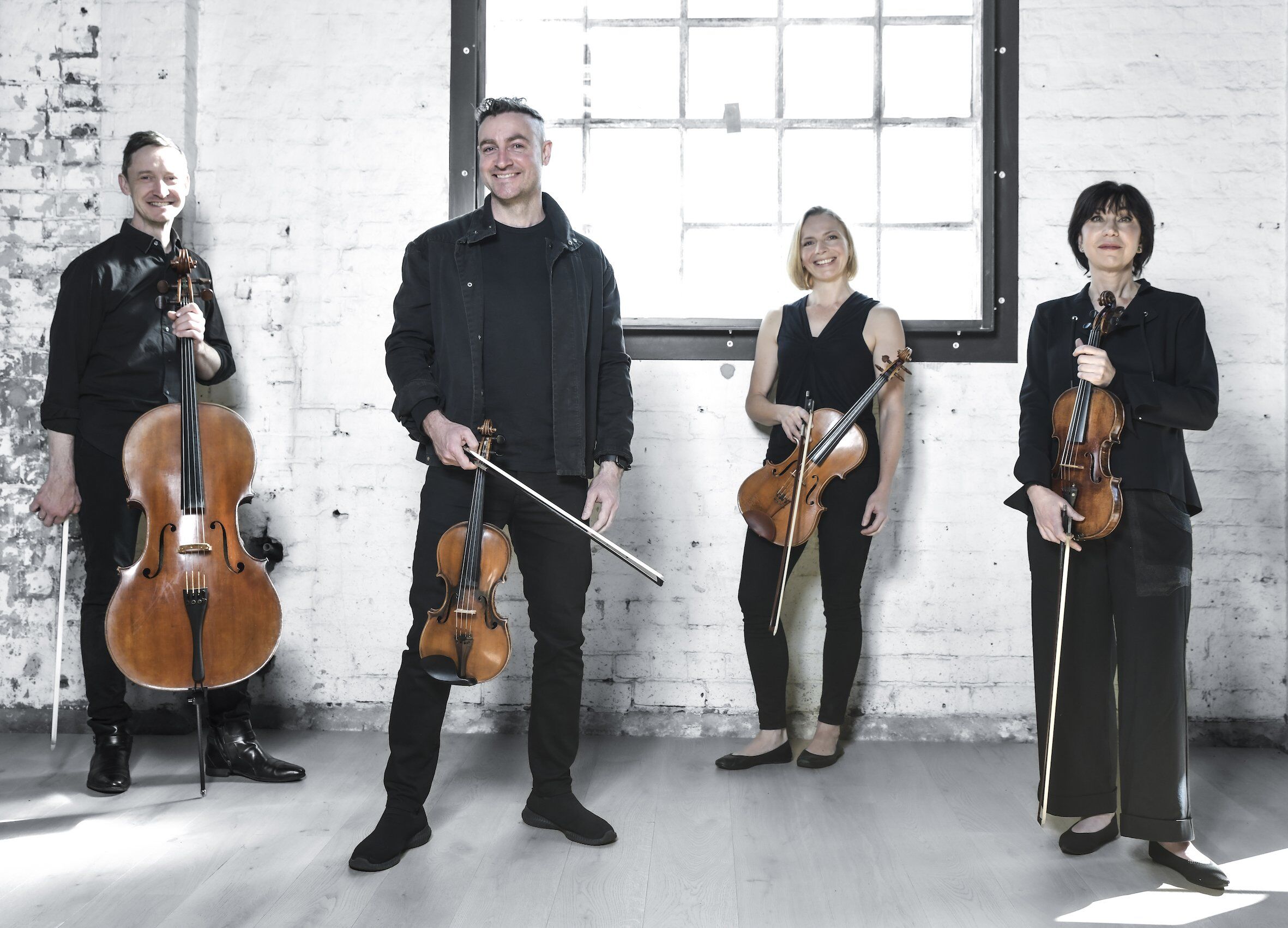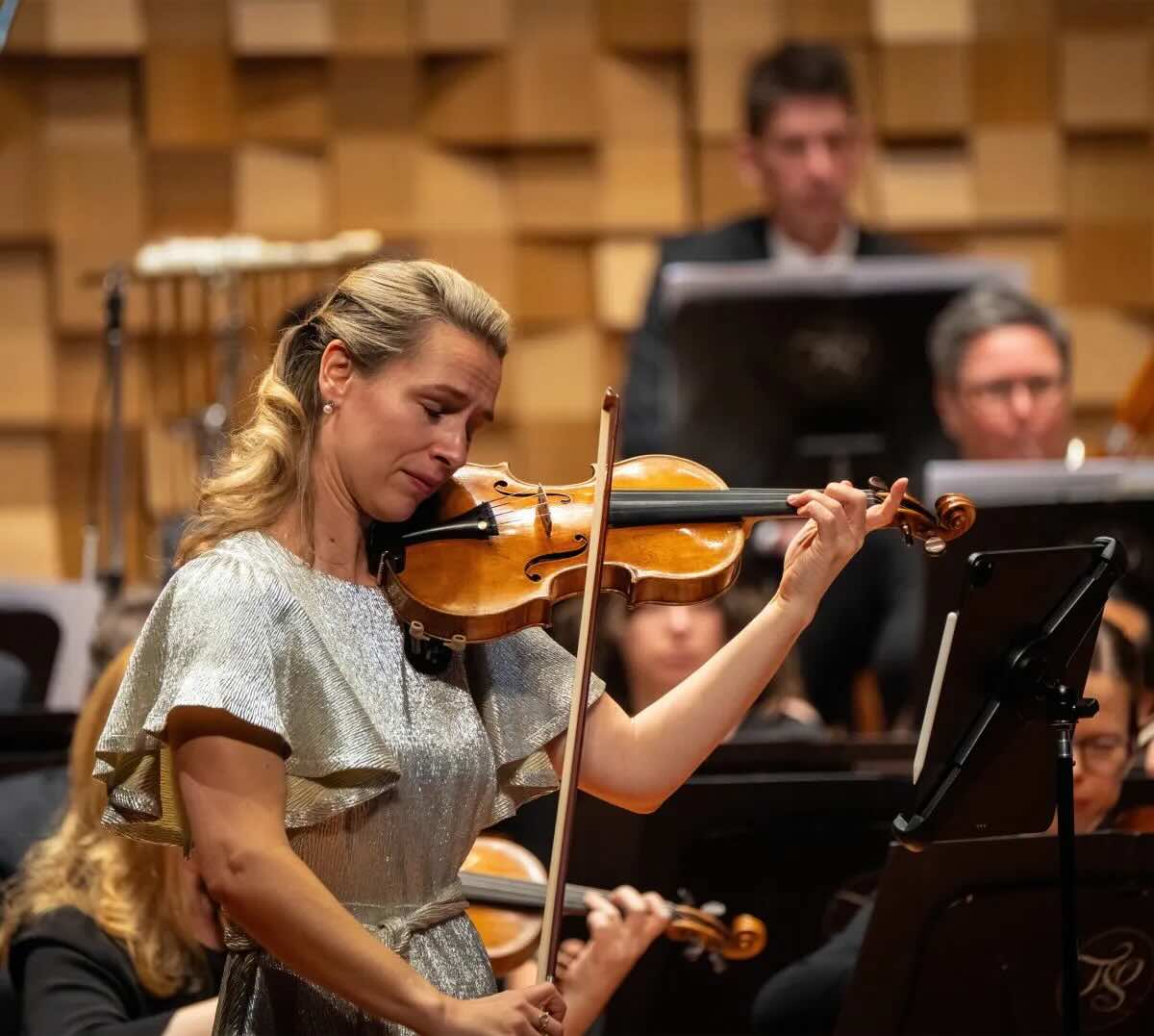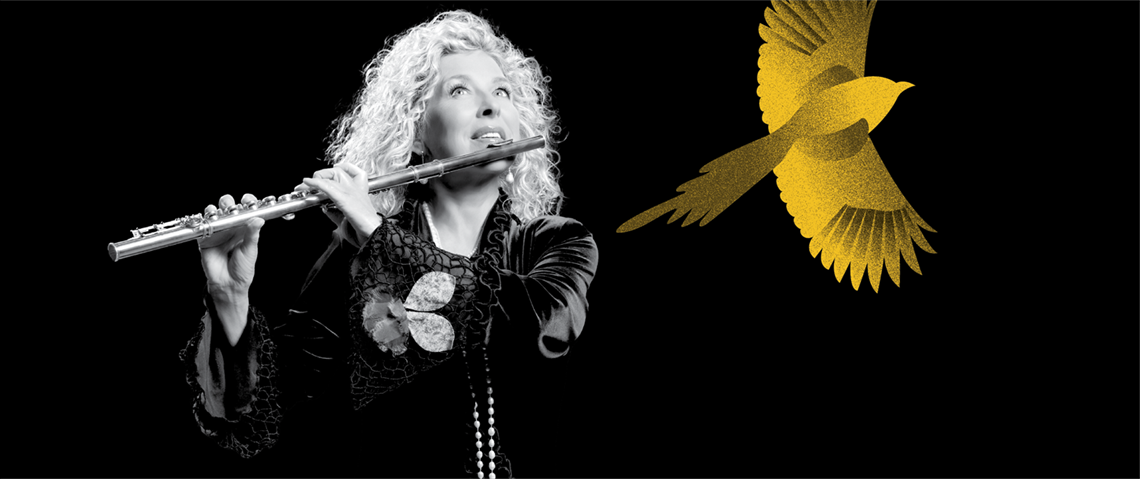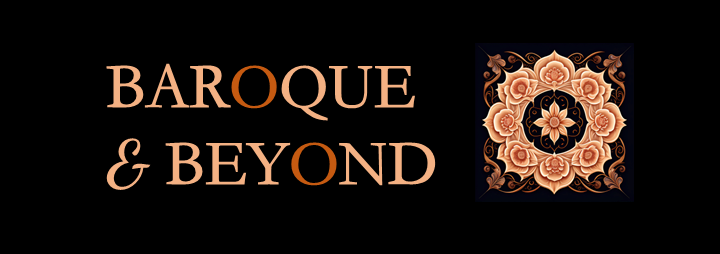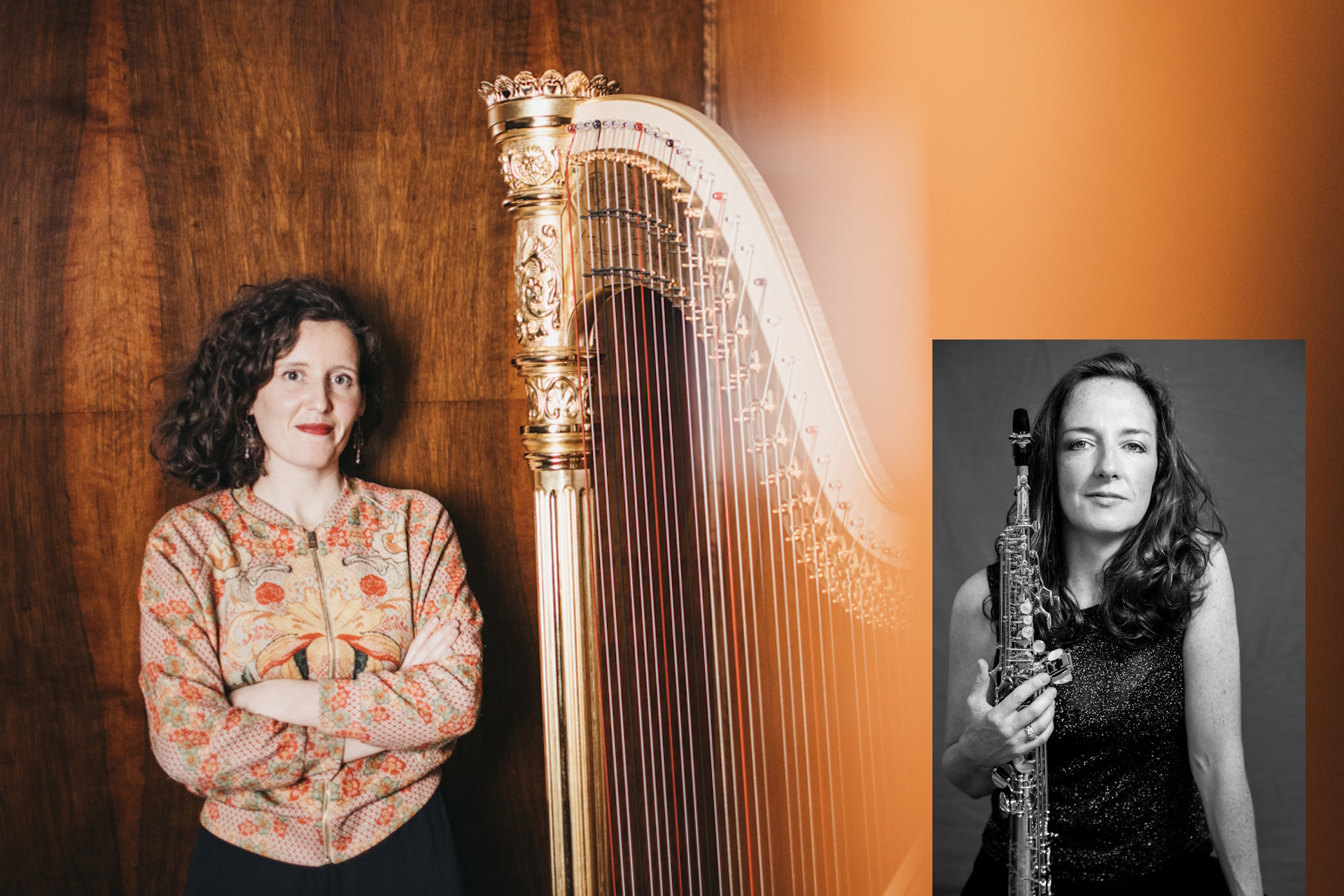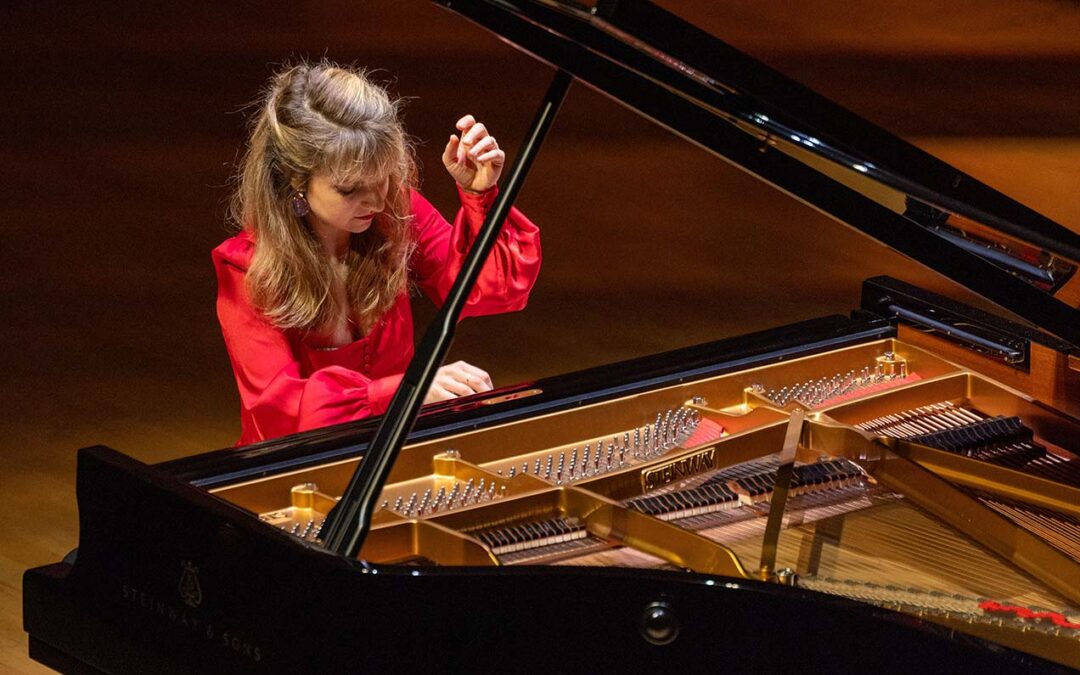The Café Culture Series is a new concept from the Independent Theatre, with the performance taking place amongst the arches and mirrors in their beautiful foyers, rather than inside the auditorium. We relaxed with delicious coffee (included in the ticket price) at tables that were separated (according to COVID-19 parameters) and enjoyed superb chamber music the way it was meant to be experienced.
The Enigma Quartet’s first violinist, Marianne Edwards, introduced Mendelssohn’s String Quartet in A Minor, Op. 13, written in 1827, just a few months after Beethoven’s death, when Mendelssohn was 18 years old. The influence of Beethoven’s late quartets was evident throughout the piece.
The first movement opens with a unifying motif ist es wahr? (is it true?) – a quotation from his song Frage, composed a few months earlier. This could be compared with Beethoven’s muss es sein? (must it be?) in his Op. 135, although Mendelssohn is romantic and passionate rather than the introspective Beethoven. The Enigma Quartet played this with appropriate passion and romanticism.
The second Adagio non lento movement has a middle slow, fugal section which is reminiscent of Beethoven’s Op. 95.
In contrast, the third movement displays Mendelssohn’s signature slyle, reminiscent of his earlier A Midsummer Night’s Dream Overture. Marianne Edwards played the lilting theme of the Intermezzo with grace and delicacy above the pizzicato accompaniment of the other instruments.
We return to the influence of Beethoven’s Op. 132 in the final movement, beginning with a recitative, beautifully played by Marianne Edwards, leading into a fast, melodic movement with an energetic bass line, expertly played by Rowena Macneish.
After the applause the Enigma Quartet continued without a break. Rowena Macneish introduced the Smetana String Quartet No. 1 in E Minor “From my Life”, written in 1876, as being largely autobiographical. The Enigma Quartet played with the youthful exuberance described in his music, exemplified by the powerful yearnings of youth with the solo viola over the murmuring tremoloes of the other instruments as the first movement started.
Smetana’s enthusiasm for dance is expressed in the polka-like second Scherzo movement. Here the quartet’s bows literally danced across the strings.
The third movement, with its moving cello entry, is a tribute to his beloved wife (his childhood sweetheart), who died of tuberculosis after ten years of marriage. It is slow and full of the passion he felt – again, beautifully interpreted by our musicians.
The final Vivace movement is full of the rhythmic vitality characteristic of Czech folk music, until, towards the end, foreboding rumblings lead to a sustained very high E, representing Smetana’s tinnitis, which led to his tragic deafness by the time he wrote this quartet. The drama of this ending was wonderfully performed by the Enigma quartet.
After the well deserved applause, the musicians answered questions and introduced themselves. Having earned cash through busking together in their youthful student years, they now hold important positions in various orchestras: Marianne Edwards is Associate Principal Second Violin in the SSO; Kerry Martin plays violin in the Australian Opera Ballet Orchestra, SSO and ACO and founded ARCO Chamber Orchestra; Elizabeth Woolnough plays viola in ACO and MCO; and Rowena Macneish plays cello in the SSO and Australian Opera Ballet Orchestra and is a founding member of the Omega Ensemble.
The Enigma Quartet then left their seats and mingled with the audience, some of whom enjoyed more coffee. A wonderful way to cheer a cold Autumn Sunday afternoon!

Thoughts and drawings about:
![]()
The Enigma Quartet | Coffee and Romance | Sunday 15 March 2020 | Independent Theatre, North Sydney
![]()

